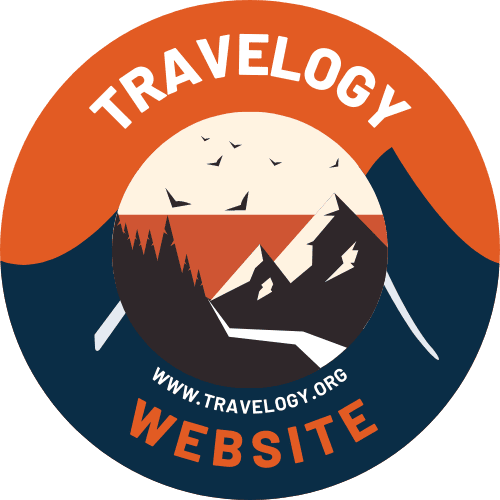
Traveling the world is an exciting adventure, but it can sometimes be a bit tricky when you don’t speak the local language. Language barriers can make communication difficult and even lead to misunderstandings. However, with the right tips and a positive attitude, you can navigate these barriers with ease. In this article, we’ll explore some practical advice for multilingual travel that will help you connect with people from different cultures and make your journeys more enjoyable.
Understanding the Challenge
Traveling to a foreign country is a fantastic opportunity to explore new cultures, taste exotic cuisines, and meet people from all walks of life. But when you don’t speak the language, it can feel like you’re navigating a maze without a map. That’s where these tips for multilingual travel come in handy.
Learn Basic Phrases
Before you embark on your journey, take some time to learn a few basic phrases in the local language. Phrases like “hello,” “thank you,” “please,” and “excuse me” can go a long way in breaking the ice and showing respect for the local culture. Even if your pronunciation isn’t perfect, locals will appreciate your effort to communicate in their language.
Use Translation Apps
In today’s digital age, translation apps can be your best friend when traveling. Apps like Google Translate allow you to type or speak phrases in your language and get instant translations. Some apps even have a camera feature that can translate written text in real-time. These tools can be a lifesaver when you need quick help or information.
Carry a Pocket Dictionary
A pocket dictionary in the local language can be a valuable resource. It doesn’t require batteries or an internet connection, making it a reliable backup. You can use it to look up words or phrases on the go. Plus, it can be a conversation starter if locals see you trying to learn their language.

Practice Non-Verbal Communication
Sometimes, words aren’t necessary to convey your message. Non-verbal communication, like gestures, facial expressions, and body language, can be universal. A smile, a nod, or a thumbs-up can express friendliness and gratitude without saying a word. Just be mindful of cultural differences in non-verbal cues.
Plan Ahead
Before your trip, research important information like directions, emergency contacts, and common questions you might need to ask, such as where to find a restroom or a pharmacy. Having these details handy in your preferred language and the local language can save you from unnecessary stress.
Be Patient and Polite
Dealing with language barriers can be frustrating at times, but it’s essential to remain patient and polite. Remember that it’s not the locals’ fault that you don’t speak their language fluently. A respectful and friendly attitude can go a long way in bridging the gap and making your interactions more pleasant.

Learn the Local Script
When visiting a country with a different writing system, like Chinese or Arabic, take time to learn the local script. This can greatly enhance your travel experience by allowing you to recognize street signs, menus, and shop names more easily. It’s a simple but effective way to make your travels more comfortable and enjoyable.
Seek Language Help Locally
Don’t hesitate to seek assistance from locals when traveling. Many are eager to help tourists and might know some English or another widely spoken language. Hotel staff, shopkeepers, and even people on the street can be valuable resources. Their guidance not only eases communication but also provides insights into the local culture, making your travel experience more enriching and enjoyable.
Conclusion
Traveling to places where you don’t speak the language can be a rewarding experience. While language barriers can seem daunting, they shouldn’t deter you from exploring the world. By learning basic phrases, using translation apps, carrying a pocket dictionary, and practicing non-verbal communication, you can connect with people from different cultures and make your journeys more enjoyable. Remember to plan ahead, be patient and polite, and seek help from locals when needed. With these tips, you’ll navigate language barriers like a pro and create unforgettable memories on your travels.






